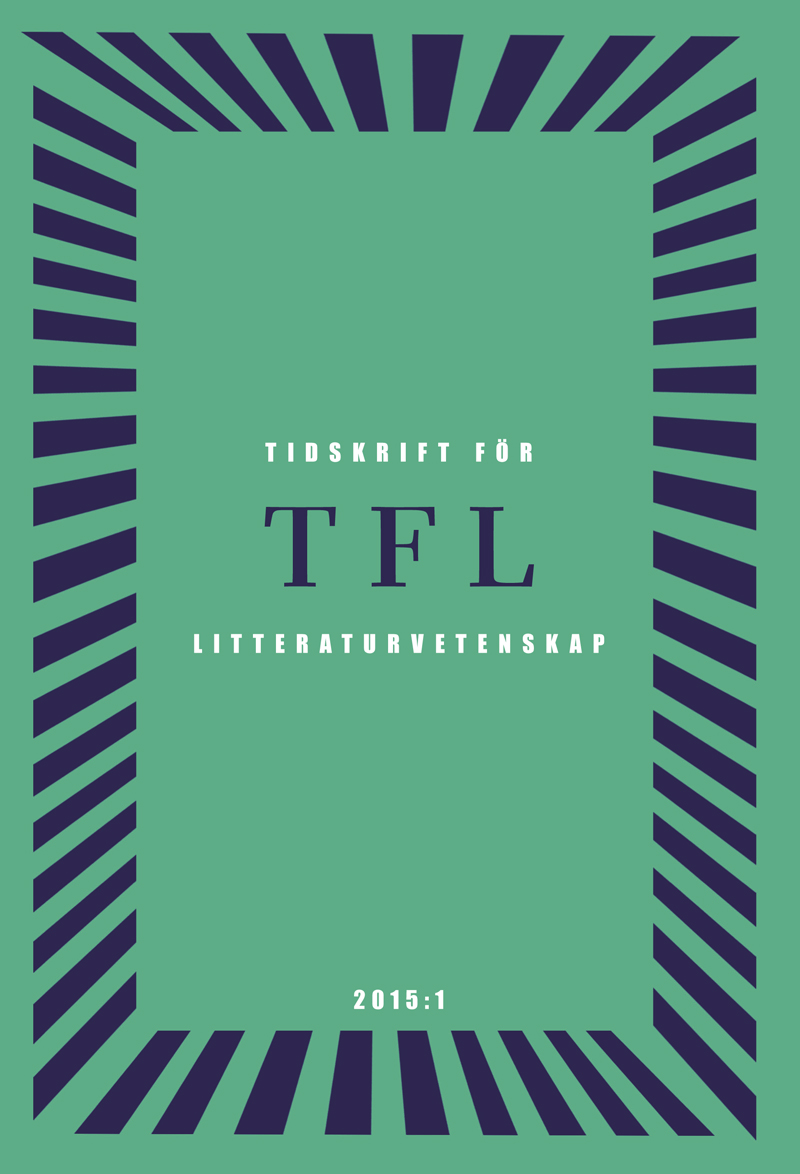"Bort med husmanskosten! Skall bli mitt valspråk"
Kvinnor, mat och makt i Elin Wägners Norrtullsligan och Pennskaftet
DOI:
https://doi.org/10.54797/tfl.v45i1.9034Nyckelord:
Elin Wägner, feminism, food, the role of the housewife, motherhood, societyAbstract
”No more homely fare! will be my motto”. Women, Food and Power in Elin Wägner’s The Norrtull Gang and Penwomen
This article analyses the relationship between women, food, and power in two novels by the Swedish feminist writer Elin Wägner (1892–1949): The Norrtull Gang (Norrtullsligan 1908), and Penwomen (Pennskaftet 1910). One important point of departure is Diana McGee’s Writing the Meal: Dinner in Fiction of Early Twentieth-Century Women Writers (2001), in which the author examines how various representations of food reflect the feminist ideas of women writers of the period and their criticism of the traditional roles of women in society.
My analysis shows that Elin Wägner’s novels utilise the representation of food to examine and criticise the condition of women in contemporary Swedish society (particularly their roles as housewives and mothers) while at the same time redefining women from a feminist point of view. The critical aspect dominates her debut novel, The Norrtull Gang, where the configuration of food serves as a symbol of the harsh economic conditions under which women live, and the lack of freedom for a new type of working and economically-independent woman. Penwomen, a novel about the struggle for women’s suffrage, sometimes parodies the role of the housewife, including representations of food, in order to destabilise traditional gender norms.
Nedladdningar
Downloads
Publicerad
Referera så här
Nummer
Sektion
Licens
Författaren/författarna behåller copyright till verket






